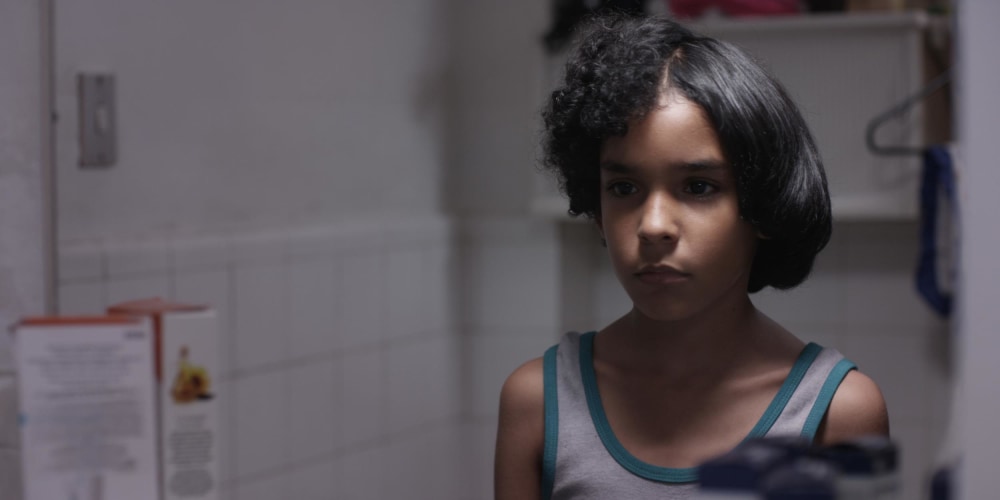I first heard about Pelo Malo (2013) by Mariana Rondón on NPR several years ago, and you can read their film review here. It is currently available on Amazon Prime streaming, YouTube movies, and on the Kanopy streaming service.
I have taught the film once, in my advanced level course on female writers and filmmakers in Spanish, and plan to teach it again this fall. It certainly isn't a "feel good" movie but it is a powerful film to spark conversation on a number of topics including the current Venezuelan political and economic crisis (it was filmed in 2011-12), homophobia, race, media influences, and gender roles.
My previewing activities, found here, introduce critial vocabulary, a summary of the film and the director, and introduces students to the current situation in Venezuela. Students could do individual or group research on Venzuela, which they then present to the class, in either English or Spanish, depending on the level. Some possible topics include Hugo Chavez, Bolivarian socialism, ALBA, Nicolas Maduro, Leopoldo Lopez, Antonio Ledzema, food and medicine shortages, and the Venezuelan refugee crisis in Colombia, to name just a few.
There are two sex sceens, which could be edited out if shown in class without loosing criticial storyline.
My during and post viewing activities, found here, include both simple comprehension activities and more dificult analysis questions. It may be helpful for students to make character charts about the personality and actions of Junior, his mother Marta, and his friend La Niña and how they interact with each other and other characters in the film. Students could aslo take notes on scenes that highlight topics presented in the student presentations (food scarcity, unemployment, gereralized poverty in Caracas, TV clips that reference Hugo Chavez's cancer treatment, etc.) while they are watching.
 |
| NBC News |
Although I don't have specific questions, we do always have an in-class discussion about the societetial homophobic and racial stereotypes and discrimination surrounding Junior's Junior's desire to straighten his hair and his mother's fierce opposition to his obsession. And the final scene of the film, in which we see Junior after he has cut his hair, choosing not to sing with his classmates, can be analyized on both a peronal level for Junior and his search for personal identity, and on a societial level. There is an excelent interview with the director, in English, about these and other topics, in this NBC article, and a "making of" video in Spanish here.
No comments:
Post a Comment